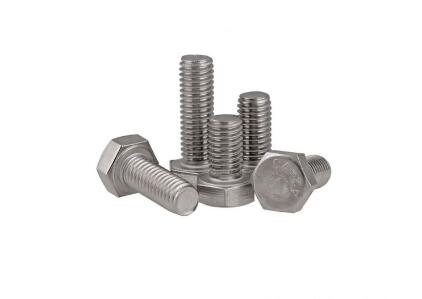Unveiling the Unsung Hero: The Purpose of Washers in Bolted Connections
2023-11-28
Introduction:
Bolts and washers might seem like a humble duo in the world of fasteners, but their collaboration plays a crucial role in maintaining the integrity of structures, machinery, and everyday items. In this blog, we'll explore the often-overlooked component of this dynamic duo – the washer – and unravel its purpose in the realm of bolted connections.
The Basics of Bolts and Washers:
Before delving into the specifics of washers, let's briefly revisit the basics of bolted connections. Bolts are threaded fasteners used to join two or more components together. They come in various sizes and materials, each designed for specific applications. However, bolts alone may not always provide the optimal solution, especially when it comes to load distribution, vibration resistance, and preventing damage to the joined materials.
Enter the unsung hero – the washer.
The Purpose of Washers:
1. Load Distribution:
Washers act as load distributors, helping to spread the load applied by the bolt over a larger surface area. This is particularly important when joining materials that may be prone to deformation or damage under high pressure. By preventing localized stress, washers contribute to the longevity and stability of the connection.
2. Surface Protection:
In some cases, the materials being joined may be susceptible to damage from the pressure and friction generated by the bolt. Washers serve as protective barriers, reducing the risk of surface damage and ensuring the integrity of the connected components.
3. Vibration Resistance:
Bolts are often used in dynamic environments where vibrations are inevitable, such as in machinery or automotive applications. Washers help absorb and dampen vibrations, reducing the likelihood of the bolt coming loose over time. This is particularly important for maintaining the stability and safety of the assembled structure.
4. Alignment and Centering:
Washers aid in the proper alignment and centering of the bolt. This is crucial for ensuring that the bolt sits flush against the material being fastened, promoting a secure and even connection. Proper alignment is especially important when dealing with components that require precision, such as in construction or manufacturing.
5. Corrosion Prevention:
Some washers are designed to provide an additional layer of protection against corrosion. This is particularly relevant in outdoor or corrosive environments where the bolted connection is exposed to the elements. The washer acts as a barrier, helping to shield the connection from moisture and other corrosive agents.
Conclusion:
While bolts take the spotlight in discussions about fasteners, washers quietly play a vital role in ensuring the longevity, stability, and safety of bolted connections. From load distribution to vibration resistance, these unassuming components contribute significantly to the efficiency and durability of structures and machinery around us. The next time you tighten a bolt, spare a thought for its trusty companion – the washer – quietly working behind the scenes to keep things securely fastened.



